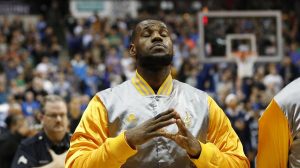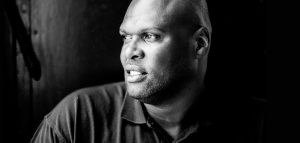Read the original story on The Huffington Post
By Maddie Crum
4,990. That’s roughly how many hours any given Olympic hopeful spent training between the London Games and now, hurdling, sprinting or vaulting toward her goals, flicking beads of sweat out of her line of vision. Practice can mean maintaining a strong, sculpted physique, like polishing a stone. It can mean perfecting a technique that must be judged favorably to secure victory, or using that technique as a foundation for speed and efficiency.
That number ― 4,990 ― is what you get when you multiply two two-hour training sessions by six days each week by 52 weeks each year for four years, including religious and personal holidays. It does not include the time devoted to commuting, cooking and otherwise maintaining impeccable physical health, or the time spent maintaining anything else: relationships with family and friends, academic pursuits, personal finances. Feeding a cat, fixing a car. The tasks and duties, big and small, that make up a life. For those who compete in particularly time-consuming sports ― like Michael Phelps, who logs six hours of swimming and weightlifting each day, six days each week ― the count is even higher.
Collectively, these hours spent on a single pursuit are voluminous enough to envelop an identity whole. It’s why we praise athletes for their work ethic and tenacity; they look like our own aspirational visions of goal-achievement, but with a hyper-focus that’s hard to relate to firsthand. For most of us, such myopia is discouraged. Balance and moderation, we’re told, are integral to happiness. When you give that much of yourself over to something, something else has to give way.
Scott Goldman, a sports psychologist at the University of Michigan, explains the commitment plainly: “The amount of time, effort and energy an athlete puts into their sport exceeds almost anything else they’ve ever done in their life.” So, if you were a swimmer, “you probably spent more hours swimming than you did learning how to drive. You probably spent more hours in the pool than you did with, say, your boyfriend.”
Read the rest of the story.







 Read the original story written by Brandon Marshall in the
Read the original story written by Brandon Marshall in the